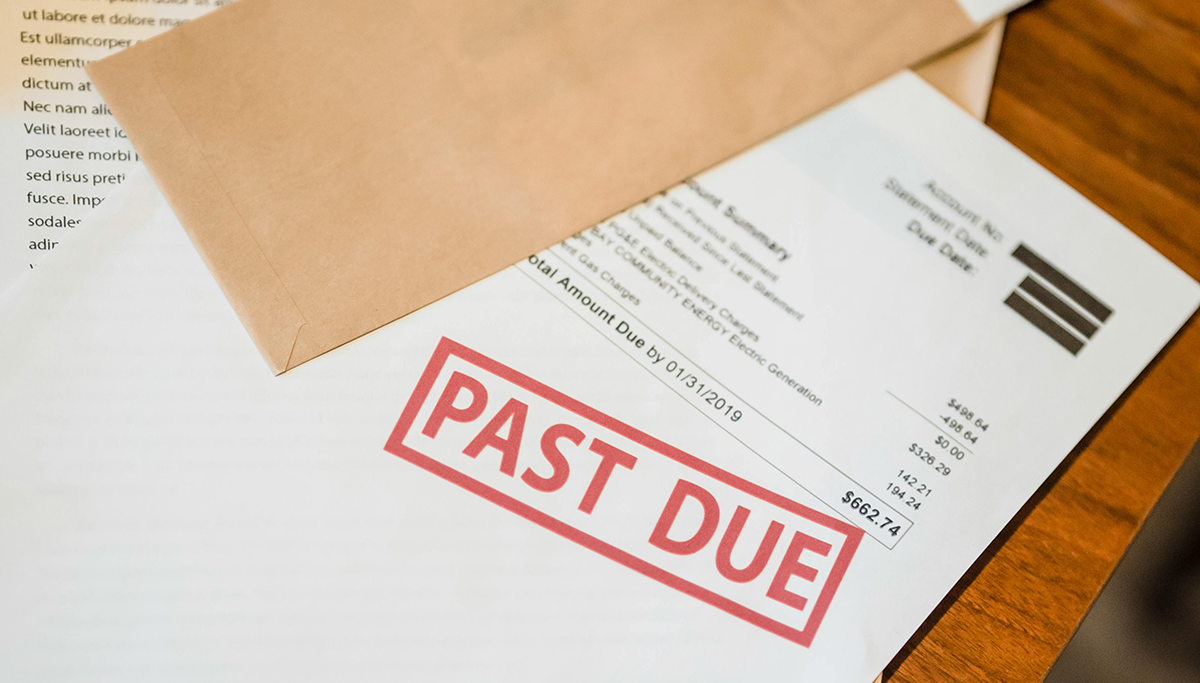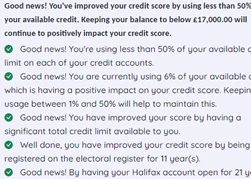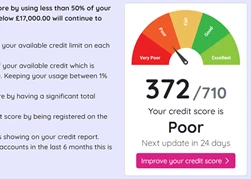Bankruptcy and Your Credit Score

27th Apr 2025
Facing bankruptcy can feel overwhelming, with concerns about how it’ll affect your everyday life, relationships, and credit score. But if your debts have become unmanageable, bankruptcy can also mean a fresh start, giving the space you need to begin working toward a debt-free life.
Bankruptcy is a legal status for individuals unable to repay their debts. It’s typically only an option if you owe more than £5,000 and is considered a last resort because it comes with fairly serious and ongoing consequences. When you declare bankruptcy, your assets are typically used to pay off the debts you owe. This can include your home, car, jewellery, and personal belongings except for essential items. Depending on your income, you may also need to make regular payments toward your debt for up to three years.
How Can Bankruptcy Happen?
There are two ways you could be declared bankrupt:
- A creditor can apply for your bankruptcy if they are seeking to recover the money you owe.
- You can apply for bankruptcy yourself. Before taking this step, you should get advice from a debt charity or financial advisor.
How Long Will Bankruptcy Affect My Credit?
Bankruptcy will stay on your credit report for six years, or until you're discharged, whichever takes longer. Lenders will consider this when reviewing your credit profile, and you might find it almost impossible to borrow money during this time. You must also disclose your bankruptcy when applying for loans over £500. After your bankruptcy is discharged, the fact you were bankrupt in the past will still be visible to lenders when you apply for mortgages and other forms of credit.
How Can I Rebuild My Credit After Bankruptcy?
The good news is that bankruptcy is not the end of the road for your finances. Here’s what you can do to rebuild your credit both right away, and over a longer period of time:
In the Short Term:
- Review your credit report from all three credit agencies to make sure their information is accurate.
- Ask them to add a brief note to your report explaining the cause of your debt if caused by illness, redundancy or another issue out of your control.
- Register to vote at your current address.
In the Long Term:
- Rebuild your credit responsibly by borrowing small amounts when you are allowed to access credit again and paying them off in full and on time. Start with credit options for people with poor credit ratings, which usually come with lower limits and higher interest rates.
- Spread out your credit applications - aim for no more than one every three months to avoid negatively impacting your credit score.
- Check your eligibility for credit before applying, which can reduce the chances of being declined. This means looking at the websites which tell you that you can check to see whether you’re likely to be accepted, or similar.
Don’t expect to see sudden improvements in your credit score after a bankruptcy. It is going to take time to rebuild your score but over time, things should start to improve.
Don't risk missing
something important
Access a comprehensive credit report
that includes detailed data from TransUnion
View your credit score for only £1.95.
You can view it for 1 month, after which it will be £14.95 per month unless cancelled.
See How You Score

See How You Score
An Independent View Of Your Credit Score
Lenders typically use their own systems to calculate your Credit Score based on the information in your Credit Report, often checking with one or more Credit Reference Agencies. Your Credit Check Online Credit Score is derived from all the Credit Report information we gather from TransUnion, helping you understand how you might be assessed when applying for credit.

Understand What is Affecting Your Credit Score
Quickly see how the details in your Credit Report influence your Credit Check Online Credit Score, both positively and negatively. This clear overview helps you identify areas for improvement and better understand the factors that lenders consider when assessing your creditworthiness.
View your credit score for only £1.95.
You can view it for 1 month, after which it will be £14.95 per month unless cancelled.